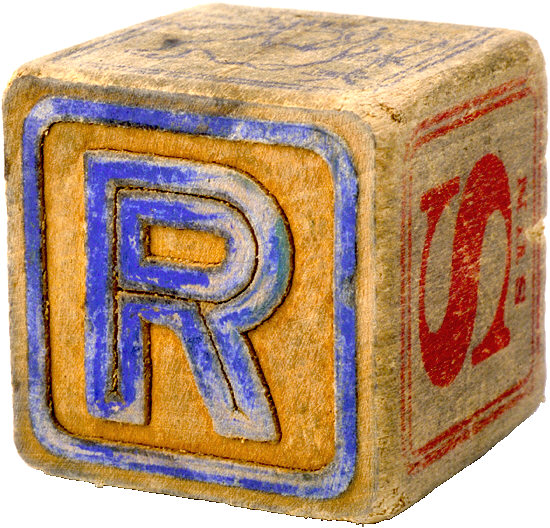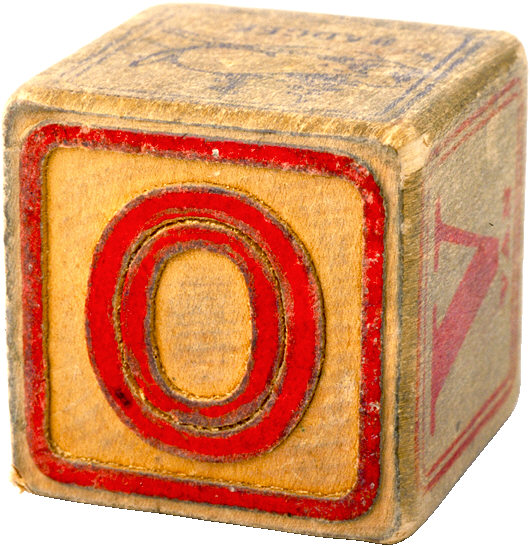












Contra Costa Preschool Directory & Kindergartens


If Your Child is a Sore Loser
by
Dr. Lawrence Kutner
No young child likes to lose at a game. But there are some for whom not winning or not getting their way is a trigger for a tantrum or a pout. They'll storm off if their friends won't let them be the captain of the fantasy pirate ship. They'll knock over the checkerboard or walk away with the basketball if they're losing a game.
A certain amount of this behavior is normal and reflects a child's stage of development. Toddlers and preschoolers, for example, don't yet have the words to express the intense emotions they feel. They're also experimenting with ways to handle their frustration and desire for control. They find it hard to lose for the same reason they find it hard to share toys with other children.
We expect to see a shift in this attitude by the time children are in elementary school. Unfortunately, that doesn't always happen. Researchers have found that older children and adults who are sore losers worry about what others think of them if they don't win, or feel that winning is what makes them good people. (Interestingly, this confusion of doing something good with being someone who is good is typical of how toddlers think.)
While the consequences of stomping off in a huff are minor when you're in kindergarten, such behavior can lead to more serious social problems among older children. Bad losers have more trouble than other children do making and maintaining friendships. For some children, the problem can become self-perpetuating, since their difficulty with friendships increases their feelings of worthlessness and, therefore, their need to win.
The reasons for becoming a sore loser rest in a combination of genetics and environment. Some children appear from birth to be easily frustrated and upset. Their temperaments make them more likely to become perturbed by situations that other children take in stride. More commonly, however, children who are bad losers are responding to the subtle messages they get from their families, teachers, and the mass media.
Children watch how their parents handle things when they're frustrated. They pay closer attention to what we do than to what we say when we're under stress. Some children who are sore losers have parents who are sore losers, who teach through their actions that getting angry is the best way to handle frustration. The example set by parents may be subtle or blatant. Parents who never talk about their own disappointments or failures give their children an impossibly high standard to live up to. The implications of making mistakes or losing are blown out of proportion.
Even well-meaning questions like, "Did you do your best?" can unintentionally give some children a disturbing message. If they didn't do their best, they worry that their parents or coaches will view them as disappointments. If they did do their best and still failed, then perhaps they are hopeless.
Instead, it's a better idea to assume that whatever your child did, it was the best she could do on that particular day. Also, don't assume that a child's negative emotions in response to her performance are necessarily bad. That may not be true if those emotions are appropriate and in proportion.
Although all children have periods when they're short-tempered and have difficulty losing, it's seldom a sign of trouble if it occurs rarely and reflects the importance of the situation. We should expect children to be more upset if they lose the finals of a local basketball tournament, for example, than if they lose a spur-of-the-moment pick-up game. Children who treat those disappointments equally are probably seeing them as tests of their self-worth.
Since children who are sore losers often have unrealistic expectations of themselves, one of the best things parents can do is to help them set goals that emphasize effort and improvement, as well as winning. Those goals might include passing the basketball well during the pressure of a game, or swimming two lengths of the pool nonstop.
Here are some other things you can focus on if you're concerned that your child finds it difficult to keep losing in perspective:
- Look at the subtle messages you're giving your child about failure. Many of these are unconscious and therefore very difficult to recognize. For example, if you have a big celebration when your child's team wins a game, but you just say, "Well, you tried," when they don't, you're teaching that you value winning much more than effort.
- Talk to your children about some of your own frustrations. Sore losers often worry that anything they don't succeed at will be shameful to their parents. This concern is compounded if they never see or hear about how family members handle disappointments. Don't feel you have to talk only about sports. Discuss how it felt when you didn't get the lead in the school play or when you got turned down for a job you really wanted.
- Let your children practice losing as well as winning. Young children take great glee in defeating their parents at simple card and board games. That gives them a sense of power that they relish. But consistently winning such games at home may set up unrealistic expectations for when they play with their friends.
- Don't let your children win all the time. Remember that they learn some important lessons from disappointment. Also, losing a game at home can be less threatening to children than losing one at a friend's house. It will make it easier for children to master the skills they need to recover emotionally and move on.
- Encourage your children to keep trying, even when they're frustrated. If bad losers don't feel they can be successful at an activity, they nay not do it at all. Letting children know that you'll be proud of them simply for trying will often give them the incentive they need to redouble their efforts. If they persevere, they may find that they can master what they're been avoiding.
- Use television and newspaper coverage of sports to help children explore their own values. How would they feel if they fell during a skating competition or ski race? Why are the people who have no chance of winning competing?
- Our children need help interpreting these issues, just as they need adult guidance interpreting the pictures of war that they see in the newspaper or on the evening newscast. If you're watching an event like the Olympics or a marathon race, point out people who are having fun or who are doing better than they had in the past.
- Encourage children to focus on the changes in their own performance and skills, not on the number of games they win. Focusing on performance and skills is, after all, what professional athletes and other successful people do.